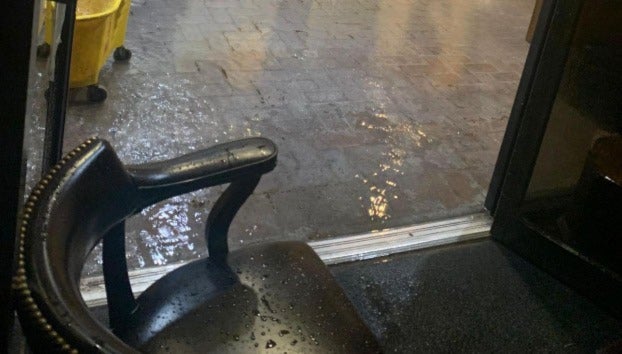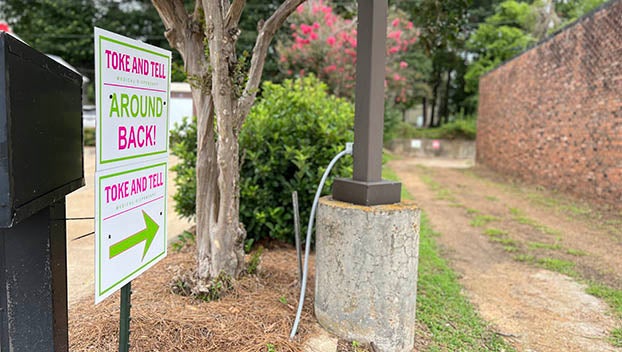Adams County death row inmate seeking hearings for new evidence
Published 12:04 am Wednesday, March 16, 2016
NATCHEZ — An Adams County man on death row and the state prosecutor set to oppose him have both asked the local court to set a date so they can meet to schedule hearings that could lead to the review of new evidence.
Jeffrey Havard has been on death row since he was convicted of capital murder committed during the commission of sexual battery in the February 2002 death of 6-month-old Chloe Britt.
Havard has maintained his innocence, and in July asked the court for an evidentiary hearing to review evidence that Havard says will vindicate him or at least warrant a new trial.
Since then, the state attorney general’s office — which took over the prosecution of the case after his conviction in Adams County — has filed its response, and Havard has filed his answers to the response, but the court has not set a date.
Friday, both sides of the case filed a joint motion for a status conference, “so that counsel and the court can confer about scheduling and other logistical matters for these proceeding(s).
“Such matters would include, among others, scheduling an evidentiary hearing and any necessary discovery leading up to that hearing,” the filing says. “Counsel for the parties will confer prior to the status conference and be prepared to discuss specific scheduling and logistical proposals with the court.”
Havard’s mother, Cheryl Harrell, said the court has seven days to set the hearing from the filing.
“Whatever date they come up with, the lawyers and the state will meet to go over the newly discovered evidence Jeffrey has to prove his innocence — it is to either give him an evidentiary hearing or to show he is not guilty and exonerate him or whatever the court decides,” she said. “It is a good step in the right direction as far as he is concerned.”
At his trial, prosecutors contended that Britt died because Havard shook her to make her stop crying, resulting in a Shaken Baby Syndrome that left her not breathing and non-responsive later in the night.
Havard said he had accidentally dropped the baby while taking her out of the bathtub and that she had hit her head on the toilet.
The case was considered a capital matter because of the alleged sexual battery that occurred at the time, something Havard has always denied.
The pathologist who testified at his trial, Steven Hayne, said in 2002 that the baby’s fatal injuries were consistent with Shaken Baby Syndrome.
In 2013, however, Hayne said in an affidavit that medical advances since then have shown “that shaking alone could not produce enough force to produce the injuries that caused the death of Chloe Britt. The current state of the art would classify those injuries as shaken baby syndrome with impact or blunt force trauma.”
Another pathologist who has reviewed the case, Dr. Michael Baden, also concluded the baby’s death was consistent with “a short accidental fall” and that the neck, chest, spine and rib injuries usually accompanying an abusive shaking were missing.
While the autopsy noted Britt had a 1-centimeter contusion that Hayne said at trial was “consistent” with sexual abuse, in the 2013 affidavit he said “found no definitive evidence of sexual abuse based on my findings.” Hayne reaffirmed the 1-centimeter measurement of the contusion in 2009, though at trial he had testified that it was 1 inch.
In Havard’s July filing, he noted that the rape kit associated with the case came back negative, and also quoted pathologist Janice Ophoven, who said the allegations of sexual abuse were misinterpretations by “hospital personnel who did not have experience or expertise in post-mortem changes in infants.”
In a letter shared on a blog advocating for his release last week, Havard called the appellate process a “hellish” 14 years, and said he lacks confidence in the decision-making process.
“It seems the more favorable to me the evidence becomes, the more dilatory the process becomes,” he said. “Somehow, though, I’ve remained hopeful in the process of justice and truth. That they will eventually prove to be one and the same.”
Havard first received permission from the Mississippi Supreme Court to seek a new trial in March 2015.





